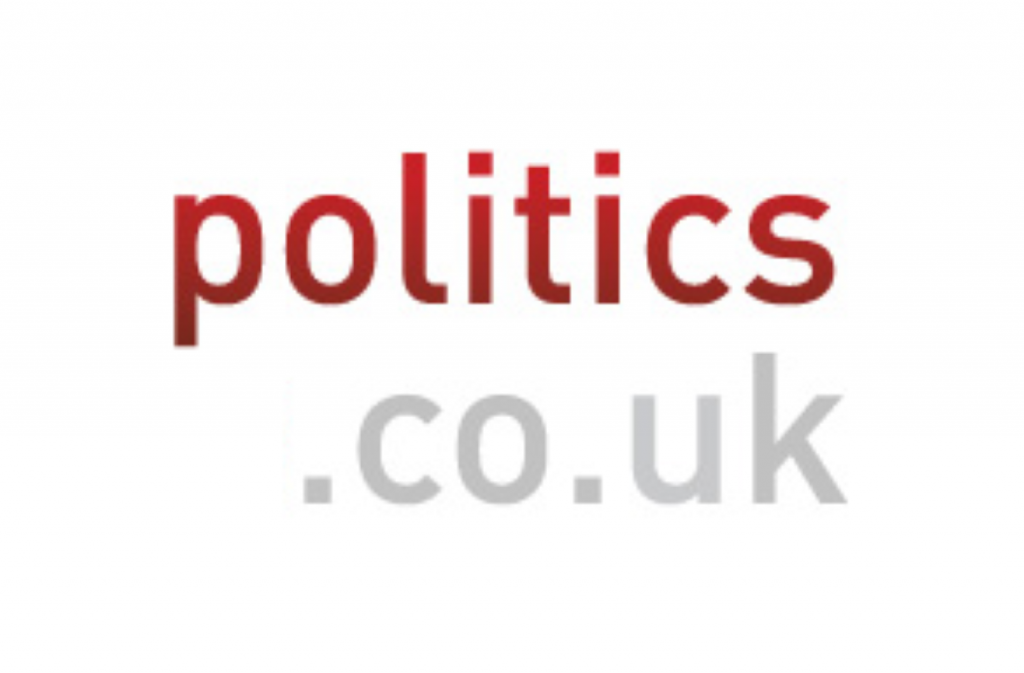Howard: Free-trade crucial for developing world
Conservative Party leader Michael Howard last night called for an end to the “indefensible” trade tariffs and farm subsidies shackled on developing countries.
Mr Howard told the 59th Oxford Farming Conference that free trade would liberate millions from poverty.
But he warned that tariffs and subsidies held back the export earnings of developing countries by $39 billion a year, around half what they received in aid.
“The growth of free markets has done more to lift people out of poverty than all the aid programmes in the world,” he said.


“But the West is not free of blame when it comes to markets, trade and good governance.
“Protection for developed nations at the expense of the developing nations must come to end. It is indefensible.”
Mr Howard said Britain’s presidencies of the G8 and European Union in 2005 offered “a singular opportunity” to end the cycle of poverty.
He called on the leaders of rich nations to set up a fund to empower poorer countries to argue their case in trade negotiations.
Attacking the unfairness in the present trade system, he welcomed the work of the World Trade Organisation in addressing the imbalances, saying: “All too often, poor countries are not able to take full advantage of the system because they lack the necessary economic or legal expertise.
“I believe we should establish an advocacy fund paid for by the West to help the poorer countries argue their corner in trade disputes and hold their own in international negotiations.
“It would help them make the most of this rules-based system.”
Chancellor of the Exchequer Gordon Brown has said 2005 will be “a make or break” year for the fight against global poverty.
Mr Brown confirmed yesterday that an “immediate moratorium” was being proposed on debt repayments for tsunami-afflicted countries.
On Thursday, Mr Brown is to proffer his new “Marshall Plan” for the developing world, which aims to release “sufficient resources” in debt relief and extra money from the richest countries to deal with the “underlying causes” of poverty in Africa and elsewhere.












